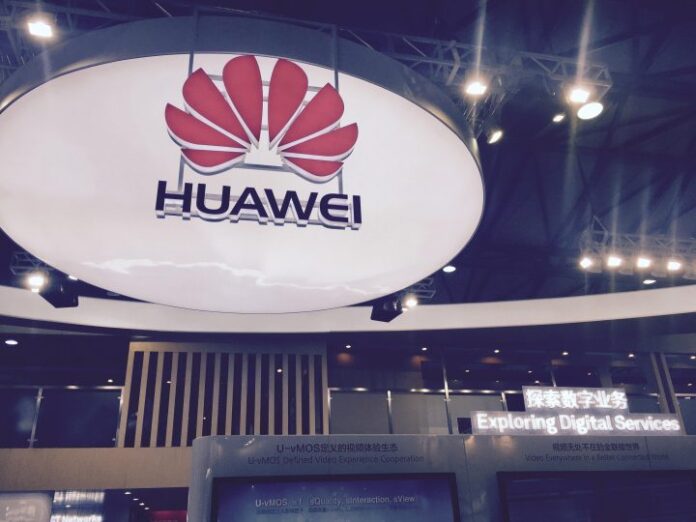The Chinese vendor said the decision by the Australian government would impact competition and fair trade
Chinese network infrastructure vendor Huawei said the decision by the Australian government to block the company from the country’s domestic 5G market is politically motivated and not the result of a fact-based decision-making process, the Huawei said in a statement.
“A non-competitive market will raise the cost of network construction and have lasting effects on Australia’s transition to a digital economy. In the end, everyday businesses and consumers are the ones who will suffer the most from the government’s actions,” the Chinese vendor said in a statement.
Huawei also said that it has presented the Australian government with an independent, third-party expert analysis of the Chinese laws. “Chinese law does not grant government the authority to compel telecommunications firms to install backdoors or listening devices, or engage in any behaviour that might compromise the telecommunications equipment of other nations. A mistaken and narrow understanding of Chinese law should not serve as the basis for concerns about Huawei’s business.”
“The Australian government’s actions undermine the principles of competition and non-discrimination in fair trade. The government has not issued any specific concerns about Huawei’s governance, security, or suitability to safely and securely conduct business in Australia, so we’ve been given nothing to respond to. We will continue to engage with the Australian government, and in accordance with Australian law and relevant international conventions, we will take all possible measures to protect our legal rights and interests,” Huawei added.
Australian authorities recently announced a decision to prevent certain vendors from taking part in the rollout of 5G mobile networks across the country, effectively banning Chinese companies Huawei and ZTE from involvement.
“Government has expectations of the application of the Telecommunications Sector Security Reforms (TSSR) obligations with respect to the involvement of third-party vendors in 5G networks, including evolution of networks leading to mature 5G networks,” a joint statement by Communications Minister Mitch Fifield and acting Home Affairs Minister Scott Morrison said.
“The government considers that the involvement of vendors who are likely to be subject to extrajudicial directions from a foreign government that conflict with Australian law, may risk failure by the carrier to adequately protect a 5G network from unauthorized access or interference,” the release adds.
The Government’s TSSR, which will enter into force on September 18, places obligations on telecommunications companies to protect Australian networks from unauthorized interference or access that might threaten national security.
“We urge the government to take an objective and fact-based approach to security issues, and work together on effective long-term solutions,” Huawei said.
Earlier this month, U.S. President Donald Trump signed the National Defense Authorization Act, or NDAA, which includes new regulations that ban government agencies doing business with Chinese vendors Huawei and ZTE.
The bill prohibits the U.S. government and its contractors from buying certain telecommunications and video surveillance equipment from Huawei, ZTE and other Chinese communications companies. The ban covers components and services deemed “essential” or “critical” to any government system.

